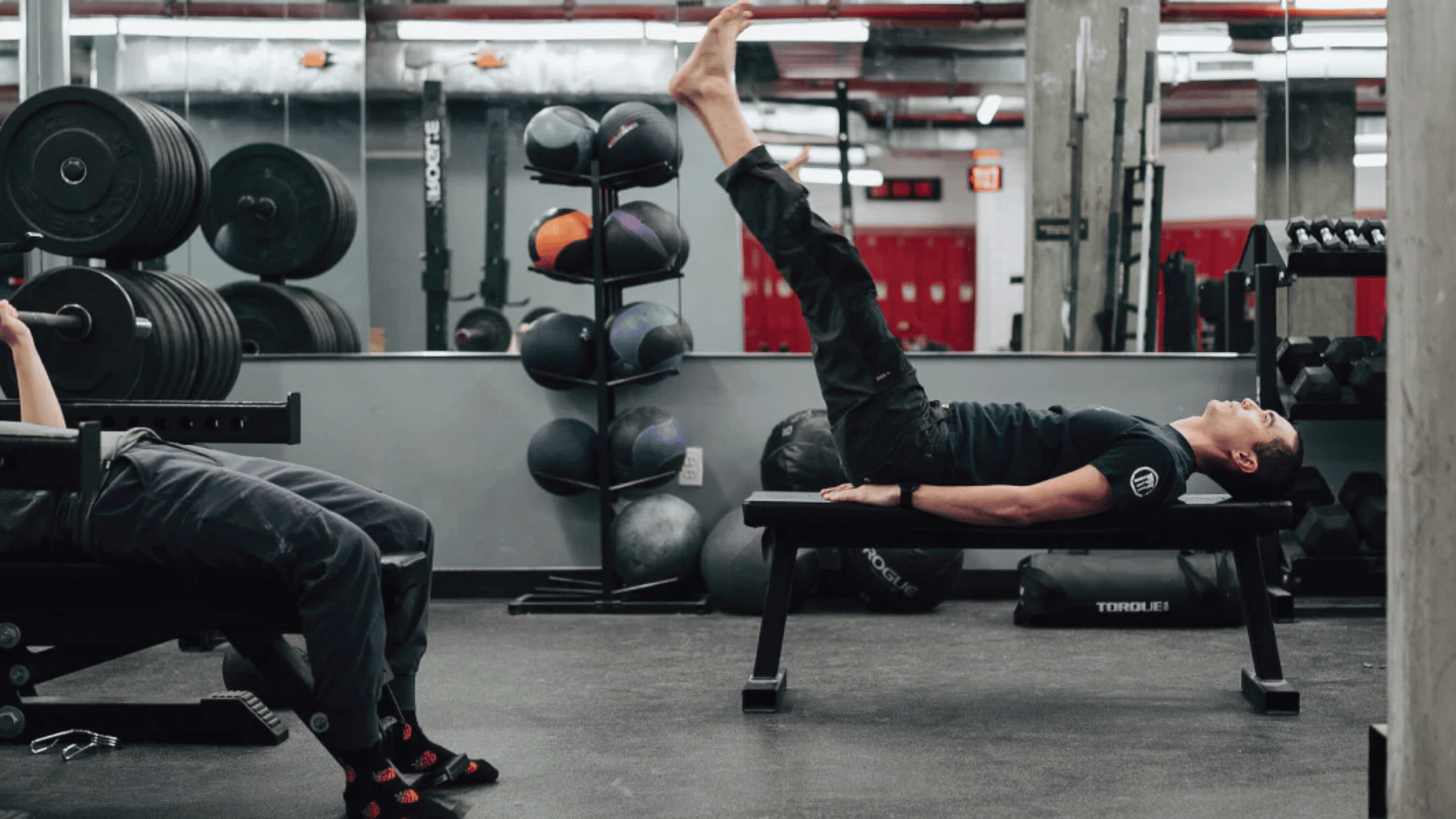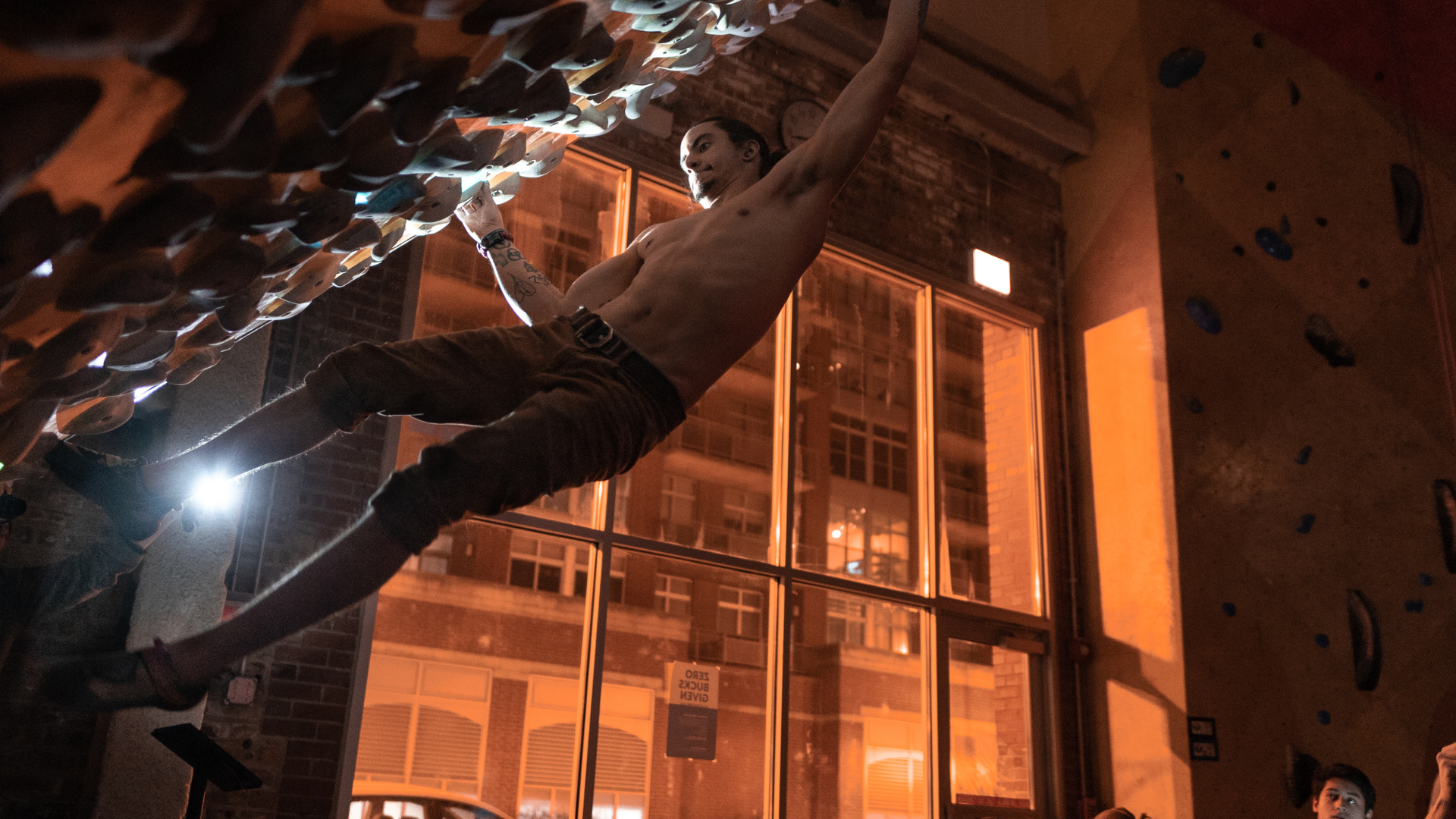The Paris 2024 Olympic Games brought sport climbing to the global stage, showcasing the sport's incredible athleticism, technical skill, and mental fortitude. As climbers and enthusiasts watched the world's best battle it out on the wall, there were numerous lessons and insights that can inspire and guide both amateur and professional climbers alike. Here are seven key takeaways from the Olympic sport climbing events that can help you elevate your own climbing game.
1. Versatility is Key
The format of the Olympic competition, which combines speed, bouldering, and lead climbing, highlighted the importance of being a well-rounded climber. While most of us might have a preferred style or discipline, the Olympians demonstrated that versatility is crucial for overall success.
Training across multiple disciplines not only makes you a more adaptable climber but also enhances your strength, endurance, and problem-solving skills. Whether you're a dedicated boulderer or prefer long lead routes, incorporating elements of speed and technical climbing into your routine can help you become a more complete athlete.
2. Mental Toughness Matters
One of the most impressive aspects of Olympic sport climbing was the climbers' mental toughness. The pressure of performing on the world stage, with millions of eyes watching, would be overwhelming for anyone. Yet, these athletes maintained their composure, executing their climbs with precision and focus.
For climbers at all levels, this is a reminder that mental training is just as important as physical preparation. Techniques such as visualization, mindfulness, and mental rehearsal can help you stay calm and focused, especially when faced with challenging routes or high-pressure situations.
3. Adaptability to Unfamiliar Challenges
The Olympic routes were designed to be unfamiliar and unpredictable, testing the climbers' ability to adapt on the fly. This adaptability is a valuable skill for any climber. Whether you're tackling a new outdoor crag or a competition route, being able to quickly assess and respond to the demands of the climb is essential.
Practice climbing on different types of rock, under varied conditions, and in unfamiliar gyms to build your adaptability. The more you expose yourself to diverse climbing environments, the better equipped you'll be to handle the unexpected.
4. The Importance of Footwork
Footwork is a fundamental aspect of climbing that was on full display during the Olympic events. The precision with which the athletes placed their feet, especially on tiny holds or volumes, often made the difference between success and failure. Good footwork reduces the strain on your arms and allows you to climb more efficiently.
To improve your footwork, focus on deliberate and precise placements during your training. Practice silent feet drills, where you aim to place your feet quietly and accurately, to develop better control and balance on the wall.
5. Strength and Power Are Essential, But So Is Technique
The Olympic climbers were undoubtedly strong and powerful, but what stood out was their exceptional technique. Strength can get you far in climbing, but without proper technique, it can only take you so far. The athletes showcased the importance of mastering movement, balance, and body positioning.
As you train, prioritize technique over raw strength. Work on smooth, controlled movements and efficient use of holds. Engage in technique-focused drills, such as lock-offs, deadpoints, and flagging, to refine your climbing style.
6. Rest and Recovery Are Non-Negotiable
Watching the Olympians manage their energy during the grueling competition underscored the importance of rest and recovery in climbing. Climbing is as much about knowing when to conserve energy as it is about exerting it. This applies not only to resting between attempts on a boulder problem but also to taking care of your body off the wall.
Incorporate rest days into your training regimen, prioritize sleep, and engage in active recovery practices such as yoga routines, stretching, and foam rolling. Proper recovery ensures that you can train consistently and reduce the risk of injury.
7. Community and Support Make a Difference
One of the most heartwarming aspects of the Olympic sport climbing event was the sense of community and support among the athletes. Despite being competitors, climbers cheered each other on, celebrated successes, and consoled each other after disappointments. This camaraderie is at the heart of the climbing community.
Whether you're training with friends, attending a local competition, or just climbing at your local gym, the support of your climbing community can be incredibly motivating. Surround yourself with climbers who inspire you, push you to improve, and share in your love for the sport.
Final Thoughts
The Paris 2024 Olympic sport climbing events were a milestone for the climbing community, offering countless lessons for climbers of all levels. From the importance of versatility and mental toughness to the value of good footwork and community support, these takeaways can help you grow as a climber.
By incorporating these insights into your training and climbing approach, you can elevate your performance, overcome challenges, and deepen your love for the sport. Whether you're aiming for the next big send or simply looking to enjoy climbing more, the lessons from the Olympics are sure to inspire your journey on the wall.
Enhance Your Climbing with Brooklyn Boulders
Ready to put these lessons into practice? Join us at Brooklyn Boulders and take your climbing to the next level. Our state-of-the-art facilities, expert coaching, and vibrant community will help you develop the skills and confidence you need to reach new heights. Whether you're a beginner or a seasoned climber, we have something for everyone. Visit Brooklyn Boulders in Chicago or New York today and start your climbing journey with us!




